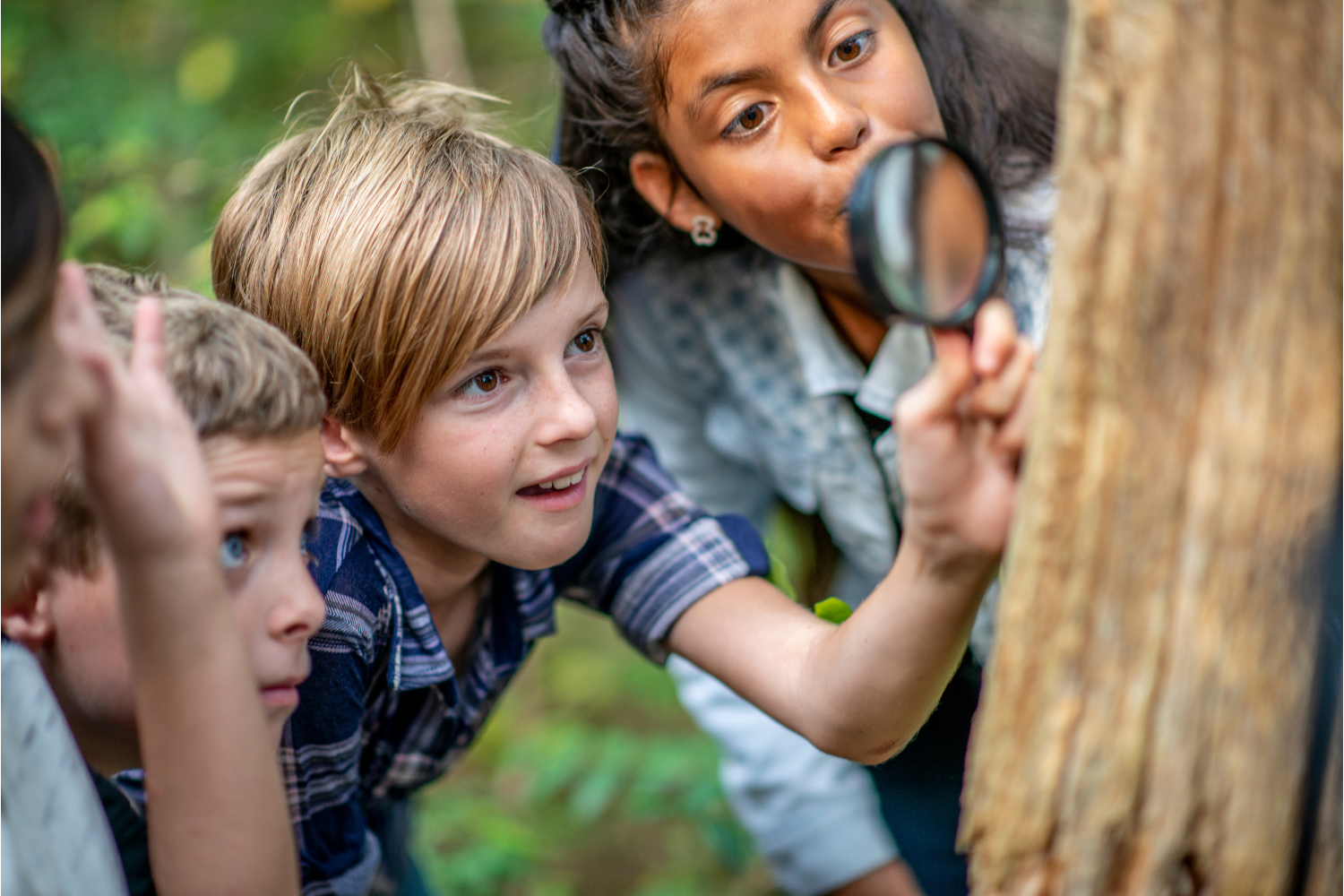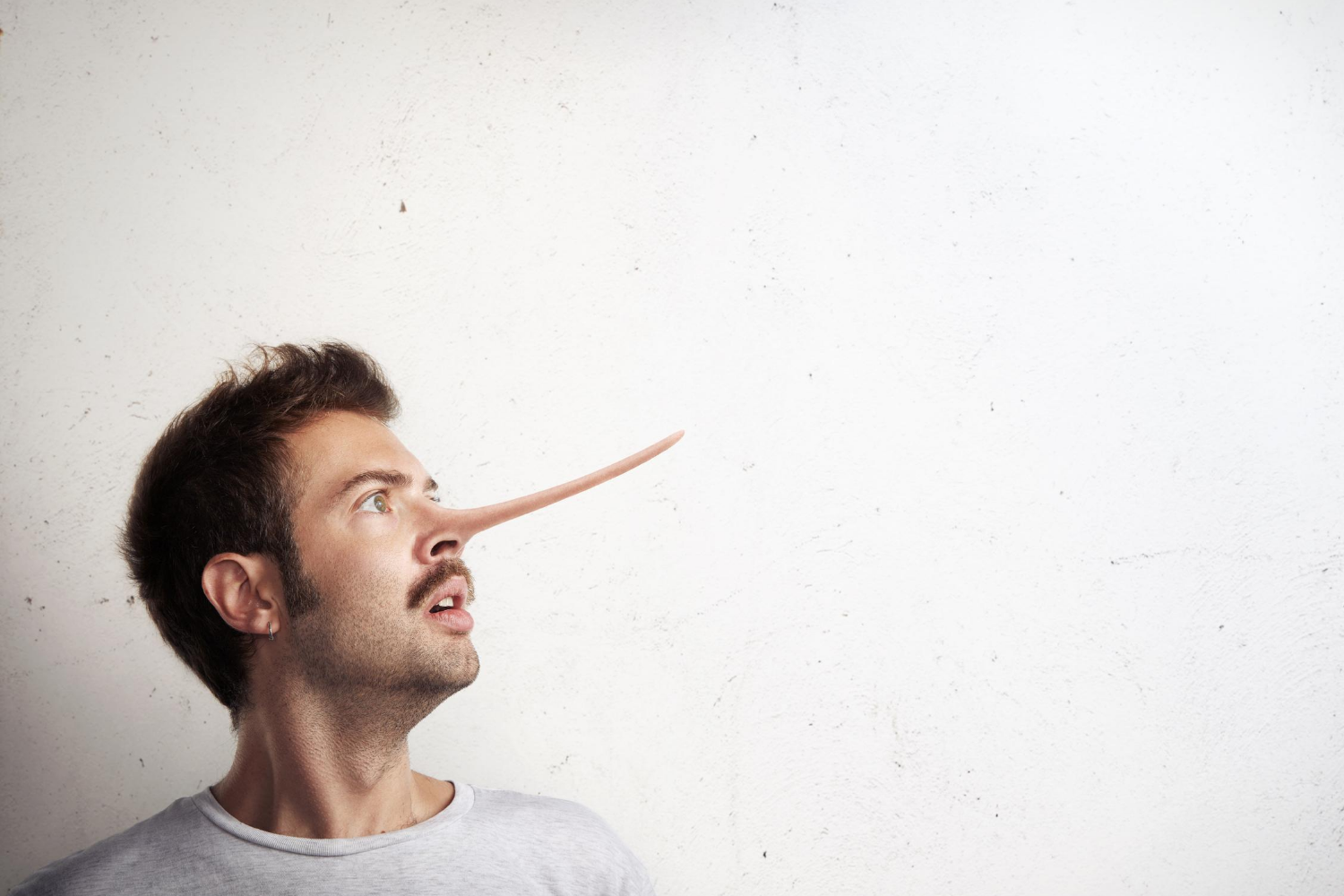Discipline
There is also a training through discipline that has to occur, too, as no child is born perfect no matter how good his or her role models may be.
Good parents can produce bad children; there are no guarantees that children turn out well.
You have a higher chance of having them grow up to be good people, however, if you understand how to train them in the ways of respect and obedience.
Public School
Public school can undo your hard work, though, because rudeness and crudeness are now the norms, and the teachers have very little authority when it comes to correcting a child's behavior.
Children sent to school for eight hours a day where the teachers are not allowed to discipline them are at a disadvantage.
On the contrary, children who spend their days in a homeschooled environment are with adults who are able to put the time and effort into guiding the kids in the right ways.
In a home or private schools, adults have authority over the children and can discipline them as needed. The right training in childhood is essential to raising a well-mannered, happy child.
Spare the rod, spoil the child, was an old adage that adults used to repeat before the 60's cultural revolution when sound parenting principles were abandoned in favor of unproven, untested theories about how to raise a kid.
Modern Inconveniences
Today, we can add to the problem modern inconveniences such as vulgar films, ribald music, video games, social media, and inappropriate television programs.
Negative influences will unravel any good work you've done to raise your children well, which is why we need to be diligent with the environments we let influence our children.



































































